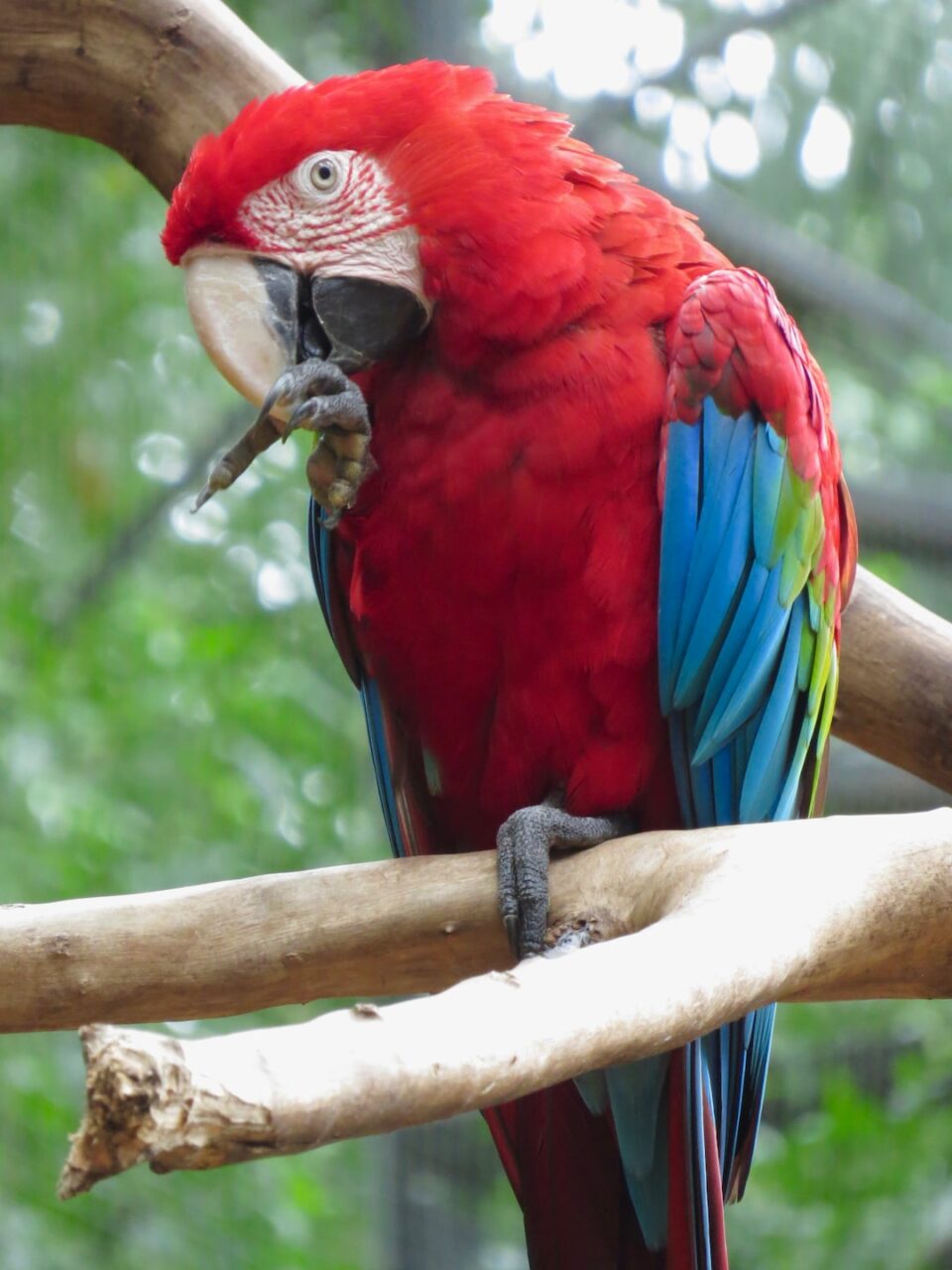7 Fascinating Facts About Dolphins
Dolphins are known for their playful nature and the ability to captivate our hearts with their delightful personalities. These intelligent creatures often leave us in awe, not only with their acrobatic displays but also with their unique traits and behaviors. Here are seven fascinating facts about dolphins that will deepen your appreciation for these majestic mammals:
1. Highly Intelligent Beings
Dolphins are renowned for their exceptional intelligence. They possess the second largest brain in the animal kingdom, next to humans. Studies have shown that dolphins exhibit problem-solving skills, self-awareness, and social complexities. Their advanced cognitive abilities enable them to communicate, learn new tasks, and even use tools. Some species, like the bottlenose dolphin, have been observed using sponges as tools to protect their snouts while foraging on the ocean floor, showcasing their remarkable problem-solving skills.
2. Echoes in the Deep
Dolphins are known for their exceptional echolocation abilities. They emit sounds and listen for echoes to navigate their surroundings and locate prey. Dolphins produce clicks and whistles, which travel through water and bounce off objects, returning as echoes that they interpret. This adaptation allows them to create mental images of their environment and find food, even in murky or dark waters. The precision and accuracy of their echolocation abilities are truly remarkable.
3. Astonishing Speed Records
Dolphins are one of the fastest swimmers in the ocean. The common dolphin holds the record for being the fastest, reaching speeds of up to 60 km/h (37 mph)! They are able to achieve these incredible speeds due to their streamlined bodies and powerful tails. Dolphins’ agility and speed enable them to effortlessly glide through the water, making them a sight to behold.
4. Exceptional Communicators
Communication is vital for dolphins, as they live in social groups called pods. They use a wide range of vocalizations, including clicks, whistles, and body movements, to convey messages. Each dolphin possesses a unique signature whistle, similar to a name, which allows them to identify and communicate with one another. Dolphins also display complex social behaviors and have been observed working together cooperatively to ensure the survival of the group.
5. Longevity and Wisdom
Dolphins have relatively long lifespans, with some species living up to 50 years or more in the wild. These remarkable creatures have a lot of wisdom to share, as they have experienced many seasons of life. Like humans, older dolphins are often the leaders of their pods and provide guidance and protection to younger members. Their longevity allows them to have a profound impact on the pod and share their knowledge and experiences.
6. Emotional and Empathetic Beings
Dolphins are known for their strong emotional bonds and empathetic nature. They display affection and care for one another, often engaging in playful behaviors and physical contact. Dolphins have been observed comforting injured or distressed members of their pod, showcasing their remarkable capacity for empathy. These emotional connections highlight the complex social structure of dolphins and their ability to form lasting relationships.
7. Cultural Diversity Among Pods
Similar to humans, different pods of dolphins display cultural diversity. Dolphins in distinct geographic regions develop unique behaviors, vocalizations, and traditions that are specific to their pod. These cultural variances can be passed down from one generation to another, as dolphins learn from their mothers and other pod members. This diversity reflects the adaptability and intelligence of dolphins, demonstrating their ability to thrive in different environments.
In conclusion, dolphins continue to enchant and intrigue us with their extraordinary qualities. Their intelligence, echolocation abilities, speed, communication skills, and emotional nature make them incredibly fascinating creatures. As we delve deeper into the world of dolphins, we uncover more wonders that showcase the richness and complexity of their lives. By understanding and appreciating these remarkable mammals, we can take greater steps towards their conservation and ensure their continued presence in our oceans for future generations to enjoy.


